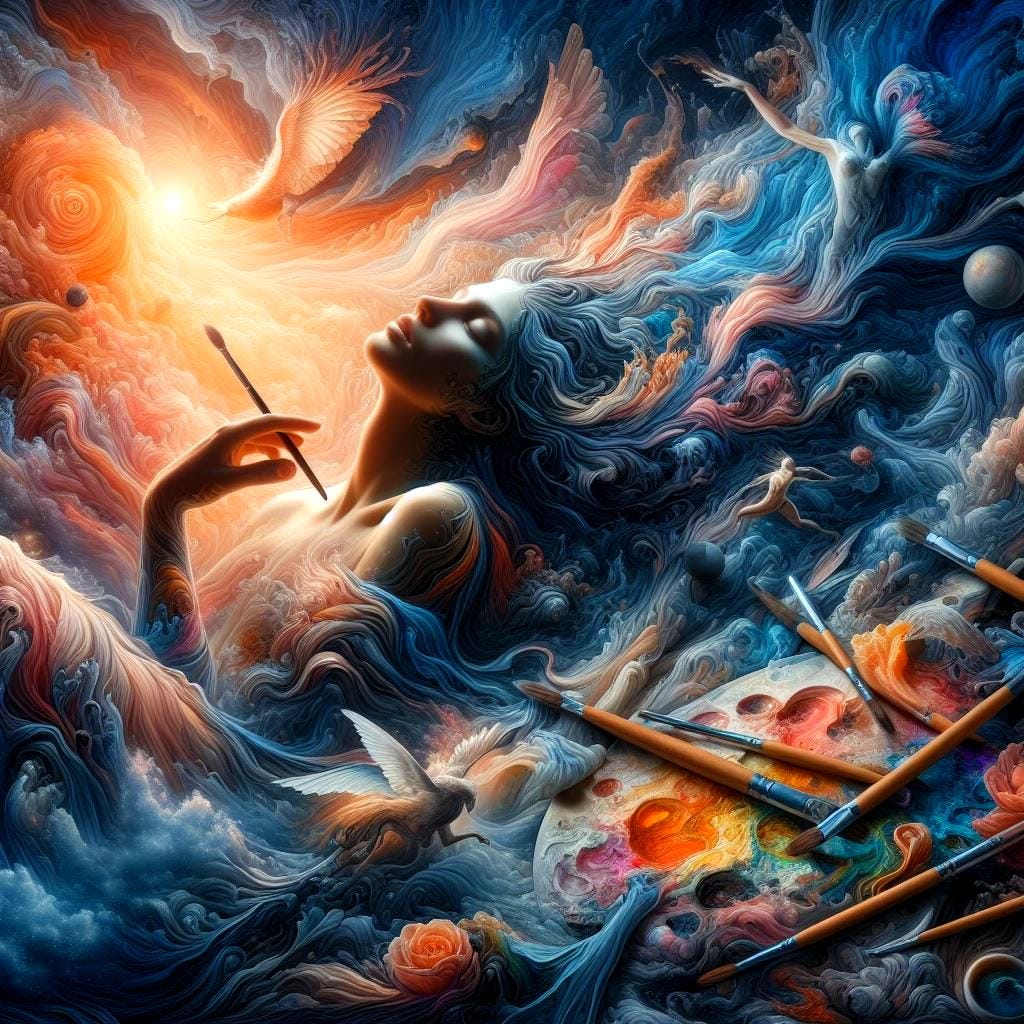Great art and myth seek to awaken a revelation within us. They aim to instill an innate and authentic sense of the sacred. They compel us to humble ourselves and honor the earth beneath our feet. A poem commences with a stirring in the soul, a longing or a yearning. If a poem fails to stir such emotions within us, can it truly be deemed remarkable poetry?
There exists but one world, and within it, everything is sacred. Yet, this realization demands earnest contemplation. If we casually declare the sanctity of trees, pets, friends, and flowers, without truly feeling it, then our proclamation rings hollow. We must first encounter the sacred in the tangible, allowing ourselves to be moved to tears, to be overwhelmed with awe and wonder.
Poets are adept at grounding us in the tangible world. They draw us in with a singular similarity, only to jolt us with the unexpected. In that moment of connection, we experience a profound revelation—a recognition that all is interconnected. The very essence of metaphor, derived from the Greek words meaning "to carry across," encapsulates this journey of understanding. A well-crafted metaphor transports us seamlessly, leaving us transformed without our conscious awareness.
Consider poetry’s poignant lines, inviting us to ponder the essence of life through the imagery of nature. To truly grasp such poetry, we must surrender ourselves, allowing time and space for reflection. Rushing through verses in the midst of chaos robs us of the opportunity to delve into their depths. We require stillness, solitude, and expansiveness to unlock the true magic of poetry.
Let us immerse ourselves in the profound beauty of art and poetry, allowing them to awaken our spirits and deepen our connection to the sacredness of existence.
(adopted from: Robert Frost, Some Definitions; Mary Oliver, Have You Ever Tried to Enter the Long Black Branches?; Richard Rohr, Art and Spiritual Transformation)





